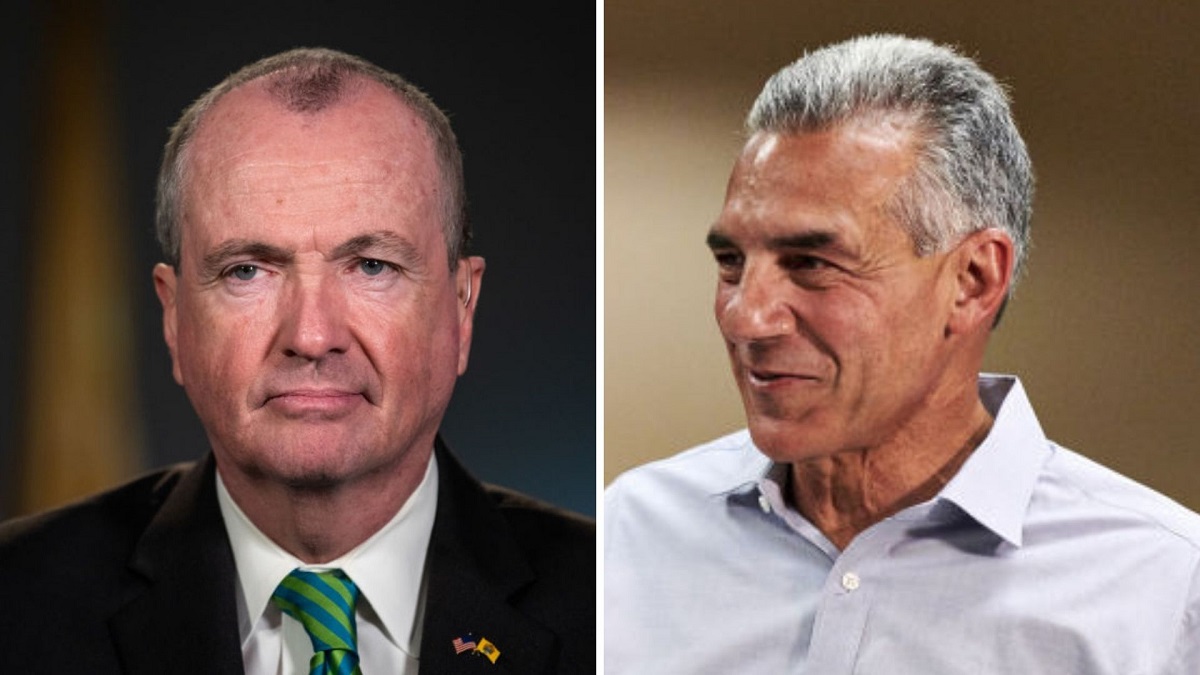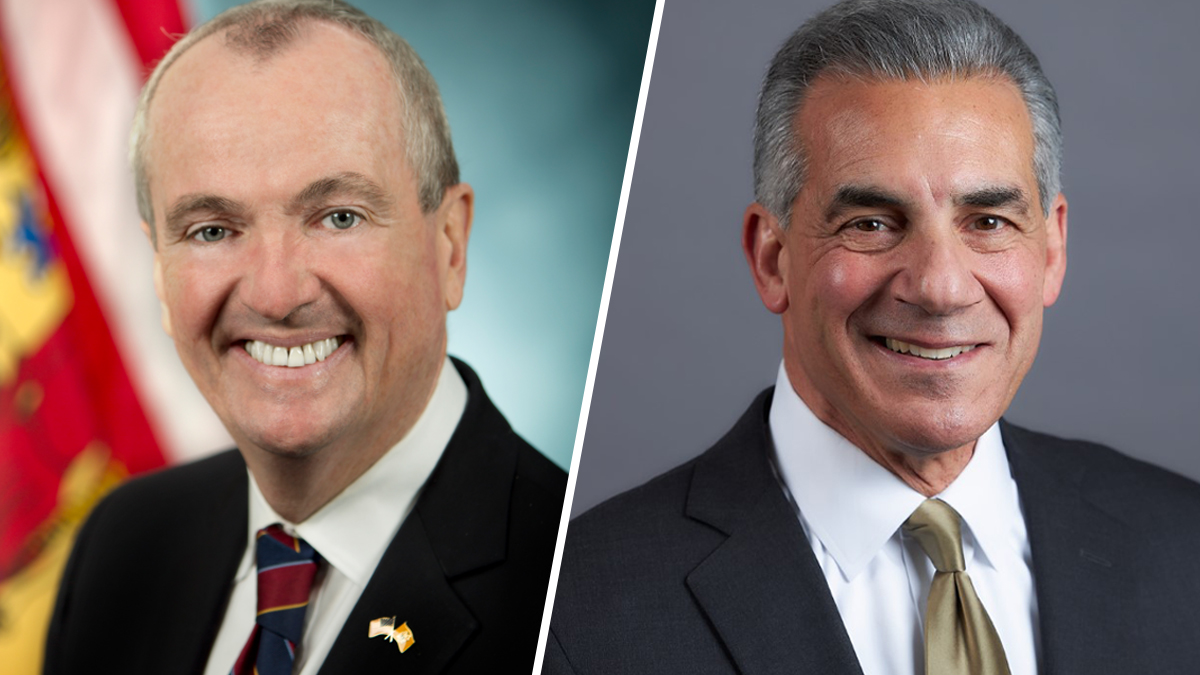What to Know
- Three major polls will be released this week, starting Wednesday, on the New Jersey governor's race between incumbent Democrat Phil Murphy and Republican challenger, Jack Ciattarelli. Experts believe Murphy has a large lead heading into the Nov. 2 election.
- Registered Democrats outnumber Republicans in New Jersey by 1 million. But the biggest variable every election is independent voters, with more than 2.4 million of New Jersey's 6.5 million registered voters unaffiliated with a political party.
- The high number of unaffiliated voters -- compared to a state like Pennsylvania, where there are many fewer -- can be attributed to a few causes, experts say.
Voters in New Jersey are gearing up for their rare turn in the electoral spotlight on Nov. 2, when they will be one of only two states in the country electing a governor.
"It’s one of the few times we get any attention," said Professor John Farmer Jr., who is director of Rutgers University's Eagleton Institute of Politics and former chairman of the state's redistricting commission.
Incumbent Phil Murphy is trying to become the state's first Democrat since the 1970s to win re-election, Farmer said, which surprises some people because of New Jersey's reputation for being one of the most liberal states in the country. Murphy faces Republican Jack Ciattarelli, a former state assemblyman, in the election Tuesday.
Get top local stories in Philly delivered to you every morning. Sign up for NBC Philadelphia's News Headlines newsletter.
"We’re a liberal state, but reserve the right to change our mind," Farmer said of New Jersey voters.
There is also a massive number of unaffiliated voters: those registered without a political party. More than 2.4 million of New Jersey's 6.5 million voters are independent. That's more than 1 in 3.
Compare that to Pennsylvania where 1 in 10 voters are unaffiliated with a political party.
Could the high number of independent voters be a cause for Democrats' historical inability to re-elect one of their own to the state's highest office?
It could play a role, experts say.
But there also are other explanations for the high number of independent voters, according to Dan Cassino, political director of the FDU Poll at Farleigh Dickinson University.
Two major factors involve the state's strong political boss system, and the way residents are registered to vote, Cassino said.
Political bosses dominate the two major parties in New Jersey, leading to few contested primary races for governor and other high elected offices, he said. That diminishes the motivation of voters to join a political party. In New Jersey, a voter must register with a political party to cast a ballot in that party's primary.
Meanwhile, any New Jersey resident who gets their driver's license is automatically registered to vote as unaffiliated. Many people might not even know they're registered to vote, Cassino said.
"Most of those people are, in fact, partisan. They just haven’t bothered to register with a party," he said. "In New Jersey, we have a long tradition of not having competitive primaries, so there is very little reason to register. But most people are partisans when you push them."
What does it mean for the Murphy-Ciattarelli race?
Cassino said he would be surprised if Ciattarelli has closed to within 10 points of Murphy in three statewide polls being released later this week.
But Farmer said Ciattarelli may have stronger support than in previous months.
"The race is tightening and that’s not unusual in New Jersey," he said. "It's what happens in a typical election year."



